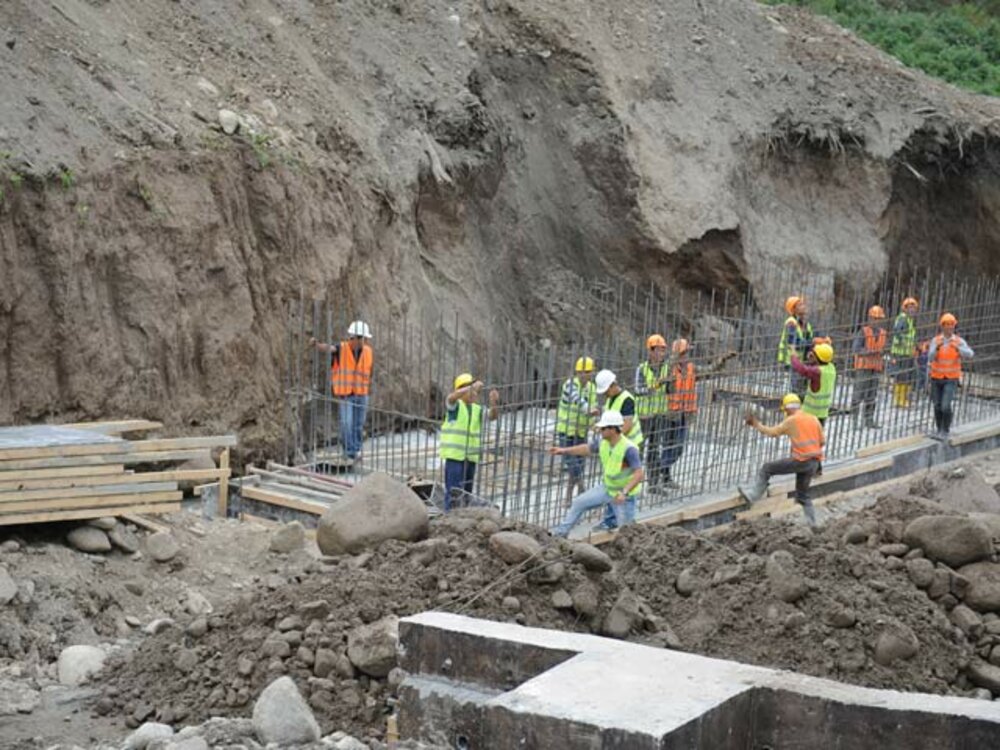The six earth dams project to improve water service in Honduras moves forward

CABEI finances feasibility and design studies for future works located in different areas of the country.
Tegucigalpa, January 10, 2022.- With the objective of promoting adequate water management, mitigating the effects of climate change and ensuring service sustainability at the urban and rural level; this Monday the Central American Banck for Economic Integration (CABEI) announced the conclusion of the selection process of the company that will develop the "Feasibility studies and final design for the construction of six (6) earth dams in Honduras."
The studies, which include hydrological and topographical analyses, environmental impact assessments, among others, have a cost of approximately US$4.6 million, financed through CABEI technical cooperation for contingent recovery to the Honduran government.
"We are pleased with this important step that will allow the construction of earth dams in compliance with international norms, regulations, specifications and standards, which will make it possible to take maximum advantage of water for human consumption and irrigation, directly impacting the quality of life of the inhabitants," highlighted CABEI Executive President, Dr. Dante Mossi.
The six dams will be located in Quebrada La Relumbrosa - La Ceiba, Atlántida; Río Jalán - Juticalpa, Olancho; Río Choluteca, Hernando López (Río Hondo) - Tegucigalpa, Francisco Morazán; Río Leotuna - Maraita, Francisco Morazán: Río Guangololo - La Paz, La Paz: Río Texiguat - Texiguat, El Paraíso; which are expected to benefit close to 2.7 million people.
During the public bidding process 079/2021, bidders from different countries expressed interest and 5 of them submitted bids, resulting in the selection of LOMBARDI S.A. INGENIEROS CONSULTORES, whose headquarters are located in Switzerland with a subsidiary in the region. CABEI and the selected company will sign a twelve-month contract in the next few days.
This initiative will contribute to the 2030 Agenda, specifically Sustainable Development Goal 6, which seeks to guarantee the availability of water and sanitation for the global population, under sustainable and equitable management.





